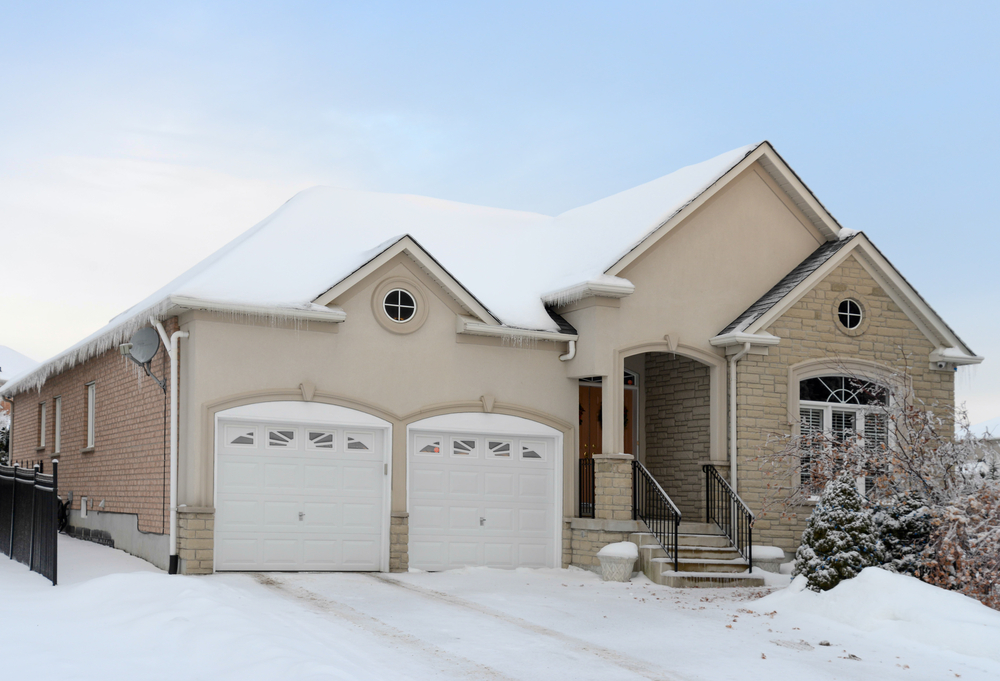
Some of us might be blanketed by mounds of snow right now, keeping us indoors and forgetful of environmentalism, but there are plenty of things you can do this winter to help keep our planet healthy:
Conserve energy by turning down the thermostat a couple degrees in the house and water heater, turning off unused lights and computers, and following other tips below. Not only will this lower your energy bills, but energy production from coal, oil and natural gas is one of the leading causes of greenhouse gases that contribute to global climate change. In particular:
- Home Heating: Reduce the house temperature one degree at a time, and wear a sweater or fleece to stay comfy. At night or when you’re away, set your thermostat for lower temperatures. Keep your window drapes closed at night, and close doors to seldom-used rooms until you need them. Caulk windows and doors to keep heat inside and cold air out. Ask your utility company for a home energy audit to find out how to improve your home’s insulation and energy efficiency. Purchase “green energy” when that option is available from your utility company. (Green energy is renewable and sustainable energy.)
- Hot Water: Insulate your water heater and pipes. Turn the temperature on your water heater down to 120 degrees or install an on-demand water heater. Even better, install a solar water-heater system. Take shorter showers and install low-flow showerheads and faucets. Wash your clothes in cold water unless they are heavily stained, and line dry if possible.
- Lights & Appliances: The old adage “turn off the light when you leave the room” is still good advice. Install energy-efficient, compact fluorescent lights. They last longer and cost less in electricity. Turn off your computer when not in use for several hours or more. (According to Lawrence Berkeley National Laboratory, modern hard disks are not significantly affected by frequent shut-downs as the older models were.) Use your microwave, for one-third of the energy outlay of your conventional oven. Choose energy-efficient appliances (look for the Energy Star label).
In winter cleaning, use the least-hazardous product to do the job; assess your needs and read the labels. Especially in winter months, your house is closed more airtight. Toxic products can concentrate fumes in the air you breathe and harm your health. Young children can be especially vulnerable to these effects. Water down your drain also carries residues from your home, and many harsh household chemicals are not removed by sewage-treatment or septic systems. These waters later empty to underground water and then into rivers and streams. (Do you know the source of your drinking water and where your household drains go?) Use safer cleaning products such as baking soda and vinegar. Use baking soda to scrub. Vinegar makes good window cleaner (mix 1/4 cup with 1 quart warm water).
Manage your septic tank and have it pumped every 3 years. Although properly used and maintained septic tanks can be safe and efficient, poorly located or neglected septic systems can pose a serious threat to drinking-water wells, your family’s health, vegetable gardens, or nearby streams and lakes. Inspect your septic tank and have it pumped every 3 years or as necessary. Don’t use septic-tank cleaning compounds or additives, since they can damage the system. Watch for signs of failure (standing water, foul orders, lush growth and backed-up toilets or drains). Install water-saving devices in your house to prolong the life of your septic drain field. Avoid overloading the system by spreading water-intensive chores (like laundry) throughout the week. Limit or avoid the use of garbage disposals; compost your kitchen waste instead (except for animal products, meats, etc.).